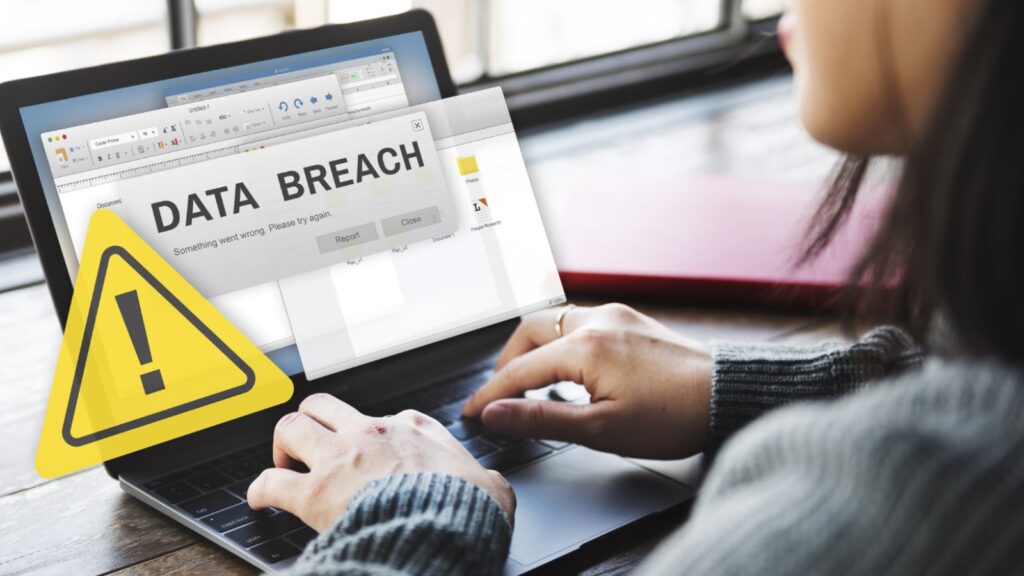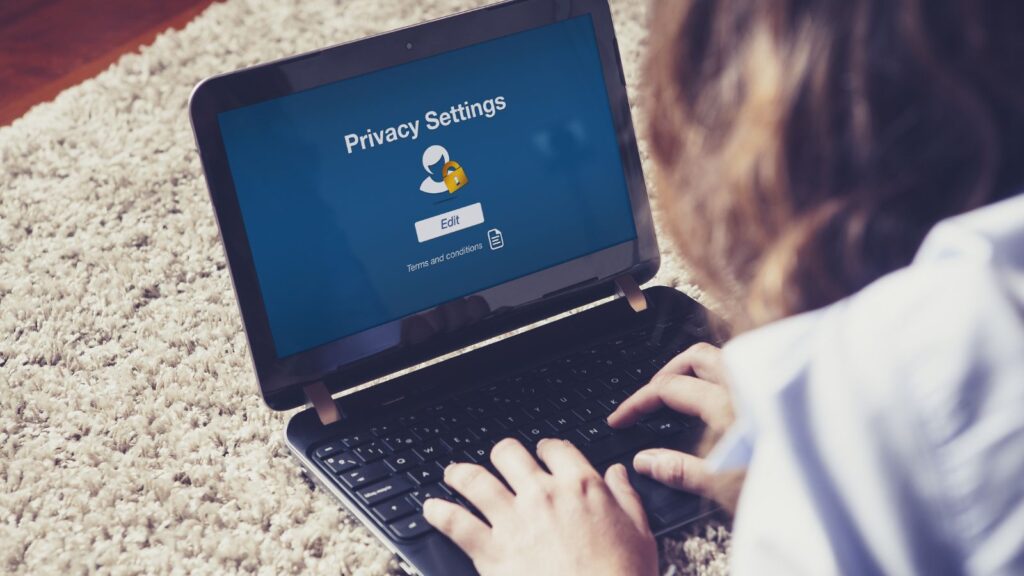Not many people understand that everything you view, every site you go to, and every search that you inquire about is forever logged and traceable. Your digital footprint leaves a mark wherever you go, and those marks lead right back to you. The average person doesn’t think much about what they do on the internet, but they should. Whether that means leaving your personal data out in the open or not realizing you give consent or knowledge to sites and companies, you have to be tech-savvy to protect yourself.
How Companies Track Your Personal Information

People tend to give away more information about themselves than they intend or would ever willingly. For marketing purposes or otherwise, companies track the behaviors of consumers, and they use information about you and your preferences to target you for advertisements. By analyzing your personal data, they can predict future spending habits, which might not be all that dangerous. But, some of the information that they track about you can be if it falls into the wrong hands.
Why are There Risks of Having Your Personal Data on the Internet?

The use of the internet has undoubtedly made lives easier, but with every plus, there usually come some minuses. The downside is the risk for the potential of someone stealing your identity. When that happens, thieves can use that information for financial fraud. When someone has the data they need, they can gain access to your credit card and banking information. The good news is there are things that you can do to limit your risk and maintain your privacy.
Why are Privacy Breaches and Data Leaks so Dangerous?

Most people have opened an email or notice in the mail that a company or organization has had a data breach and that your information might have been a part of that breach. When you enter specific information about yourself, whether that is your name and address or things like your credit card and banking information, there is always a chance that the information you supply could be compromised on the site where you input it. Companies are supposed to maintain a high degree of security to safeguard your information, but sometimes it is not enough. Just one hacker being able to breach a system can jeopardize millions of people’s online data.
Why You Should Limit the Information That You Give

Criminals use opportunity for wrongdoing, and every time that you provide information on the internet, you are opening yourself up to harm. The more personal data you supply, the more there is out there to be stolen. Most people have noticed that right after they search for something on the internet, they have ads bombarding them for that item. That is no coincidence. That is companies targeting you through the use of the information you, yourself, gave to them. These are steps you must take to remove your footprint from the internet and protect yourself.
Remove Your Trace From Past and Future Good Search Inquiries

Almost everyone has some type of online presence, especially if you are a professional with contacts or have been mentioned in news articles. There is a good chance that you might have data about yourself that you don’t even know about. Removing yourself from Google is a great way to maintain your privacy. There are several ways that you can do it. If you have information on the internet and there are legal reasons to have it removed, such as trademark violations, a court order, or copyright infringement, you can report it and get the help of the Legal Help Center.
To get all of your content removed from Google, you can use a Content Removal Form or the Google app. Just because you remove your data from Google search, however, that will not touch the data on the internet or the website sources. You can contact the website administrators directly to request removal. They may require a request removal form. Each website will probably handle it differently.
Delete Social Accounts and Email Addresses You Don’t Use

Many of us have signed up for social media platforms that we no longer use or are attached to emails that have long since been abandoned. Even if you aren’t actively using accounts, they can still leave you open to privacy and security risks. Identify all of your accounts, and if you don’t use them, delete them. That includes everything from streaming services to online shopping accounts. Not all accounts are going to be as simple as just going in and pressing delete. Depending on the security of the site, additional steps are likely required. Once you have eliminated unused accounts, enable a two-factor authentication process, when possible. It will add another layer of protection because all communication has to be verified by notifying your phone to gain access.
Use a Data Removal Service

For those who have more complex footprints, a data removal service might be the answer. It is an efficient way for you to manage your data online as well as your online presence. There are tools that can aid you in deleting data about yourself for databases and websites. Most sites are pay-for services. Once you decide which one is for you, you typically have to sign up and provide all the necessary information to prove it is you so the company can contact you. The company's first move will be to scan your identity to find out all that they can about your personal reach and trace.
How Do Data Removal Services Help?

Data removal services first identify where your personal information is located by looking through databases to gain a list. The methods that each service uses differ, and the service can be shallow or extremely in-depth, depending on the level of security you are looking for. Some services may just send automated requests to individual sites; others might do manuals or use methods that are proprietary to their service. The downside of using a service is that they might not be able to remove all of the information about you. Some websites have legal requirements or strict policies about data removal. Other sites might simply ignore the requests. But using one is better than not using one at all.
Be Cognizant of Your Privacy Settings

Privacy settings on the internet are like having blinds or shades on your home. It is important to know what they are and how to manage them to protect your personal information. Regardless of the platform you use, begin by reviewing privacy policies every time you leave your trace on a platform. Since each will be different, it is worth it to take the time to do the deep dig. Most platforms and websites, unfortunately, are not in it to make sure your information is secure. It is more of a “buyer beware” situation.
What to Pay Attention to When Managing Privacy Settings

On most social media platforms, you can control who sees your profile and information and how much of it they can see. When you are using them, make sure that you understand how the site handles third-party access and data sharing. Some platforms will allow services and apps to access your information so that they can use it for advertising and analytics. When possible, limit the access that a third party has to your information. Other platforms, like Facebook, will allow you to have privacy settings for individual posts, images, and other information; make sure to use those settings to the fullest. If you batten down the hatches, you will limit who can get to you, as well as who can get to your information.
In an age of technology, the average person has no idea how much of their information they are putting out there for all to see or how that information can come back to bite them. You likely tell children all the time to be careful what they put online, but you could benefit from heeding your own warnings. When you put too much out there, you give too many licenses to gain access to things that can harm you. Go the extra mile to safeguard what’s yours, or it won’t be yours much longer.
30 Traditional Sayings That Are Now Considered Offensive by Woke Culture

30 Traditional Sayings That Are Now Considered Offensive by Woke Culture
21 Habits Often Associated With Having a Lower Social Status

21 Habits Often Associated With Having a Lower Social Status
25 Social Issues Gen Z are Determined to Cancel

